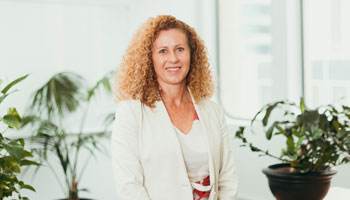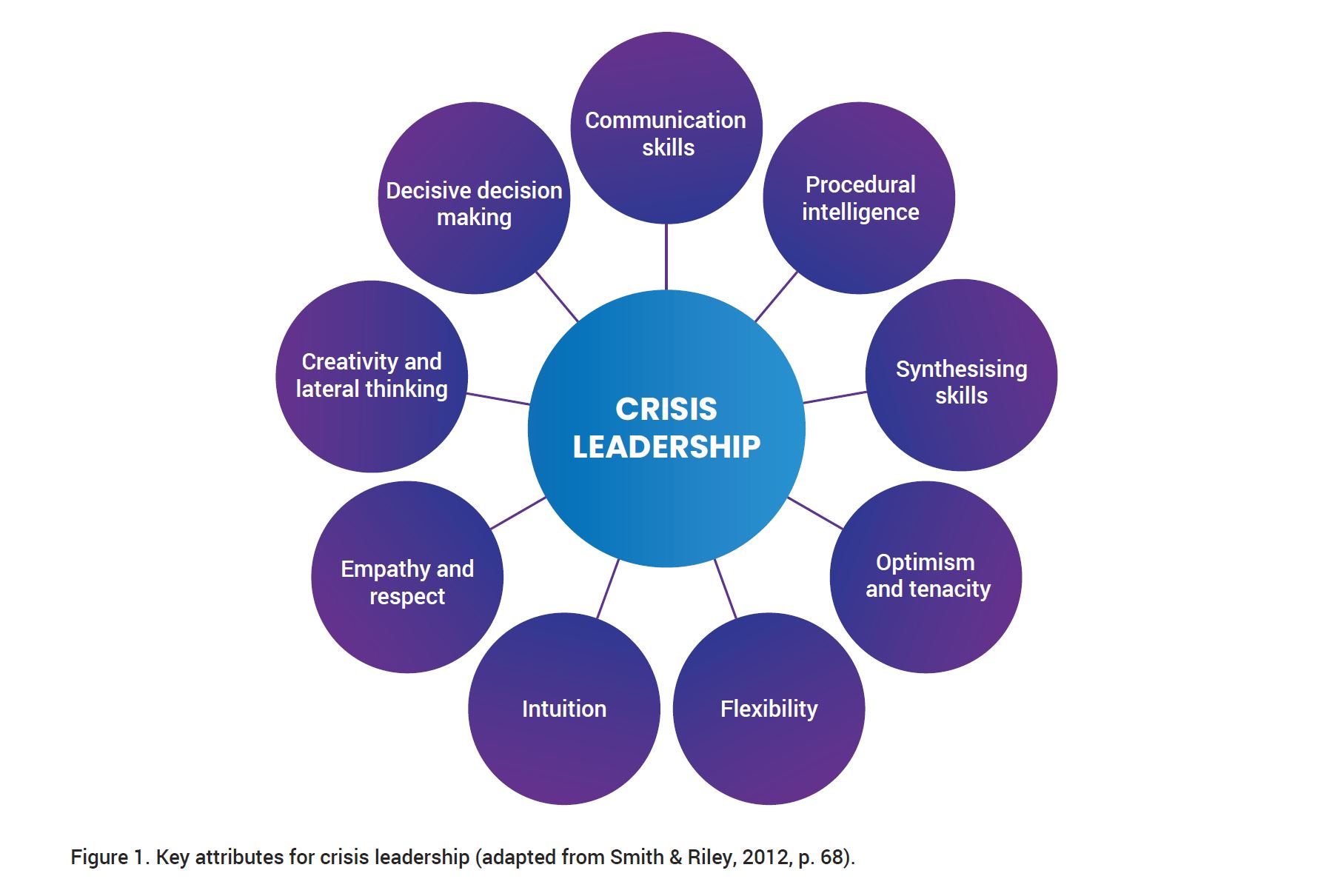A unique report has been published identifying effective strategies in remote learning that all education practitioners can benefit from reading.
The Remote Learning Rapid Literature Review was produced by the AISNSW Evidence Institute in partnership with the Australian Council for Education Research. It provides NSW independent schools with a historical and cultural platform for critical thinking and discussion based on the sudden shifts to remote learning schools made during the pandemic.
Director of The Evidence Institute Tiffany Roos said the literature review offered a blueprint for all educators to reimagine how learning can be successfully delivered during and post disruptions.

The Evidence Institute Director Tiffany Roos said the Rapid Literature Review guided educators to reimagine learning.
“The rapid literature review offers the independent education community a clearer understanding of the challenges and opportunities that lay ahead in terms of the whole eco-system of education from a response, pedagogical, wellbeing and contextual framework,” Tiffany said.
“What we need is good pedagogical practice whether that is digital practice or face to face practice. It is about meeting the needs of student learners and knowing the purpose of the learning."
“Part of the purpose of this review is to inspire and support all educators as they continue to navigate these complex times.
“The review provides evidence of what currently exists – we also have to recognise that COVID is unprecedented so there is emerging research even as we speak.”

The rapid literature review was undertaken as part of a larger body of work stemming from the recent AISNSW Remote Learning Survey. In this survey, almost 1,000 NSW independent school educators provided feedback on their pivot to remote learning to inform AISNSW how we can better support educators’ needs.
“The Remote Learning Survey provided the human aspect of what has been occurring in schools and the educators' experiences and the educators' stories. The literature review provides additional information for us to triangulate with and offer an overview of effective practice in remote learning. We are currently synthesising these two bodies of information,” Tiffany said.
More than 100 literature references on K-12 education are cited in the literature review in areas including crisis leadership (see graphic below), access and equity, distance education, blended learning, implications for wellbeing, and quality teaching and learning using technology. Four key themes emerged all of which are underpinned by good pedagogical practice:
- Quality Teaching
- The Role of Technology
- Context is Important
- The Home Learning Environment.

“Some of the research highlights good practice that we’ve known for a long time – that quality of teaching matters, that we can’t replace good teaching with technology,” Tiffany said.
“What we need is good pedagogical practice whether that is digital practice or face to face practice. It is about meeting the needs of student learners and knowing the purpose of the learning. The research shows us how schools should continue to shape their responses to learning in the future.”
"The different research methodologies that we’ve engaged with will provide a richer understanding of what the impacts of remote learning are and how we deal with education in challenging times."
Further research is currently underway including a gap analysis by ACER. The Evidence Institute will also create a series of bite-sized pieces drawn from the literature review. A series of five case studies highlighting school experiences will be produced in partnership with the University of Technology, Sydney.
“The different research methodologies that we’ve engaged with will provide a richer understanding of what the impacts of remote learning are and how we deal with education in challenging times including the pandemic or bushfires and drought," Tiffany said.
The literature review is suitable for school boards, principals and teachers to engage with as part of the process of reimaging education.